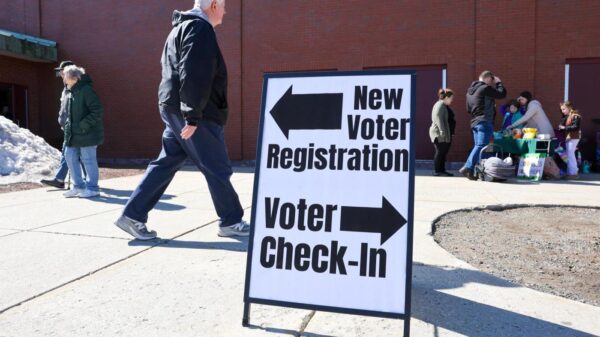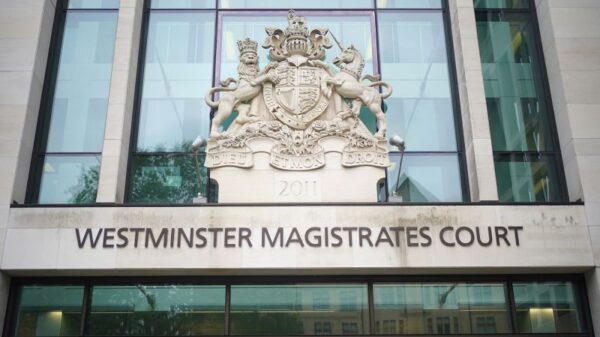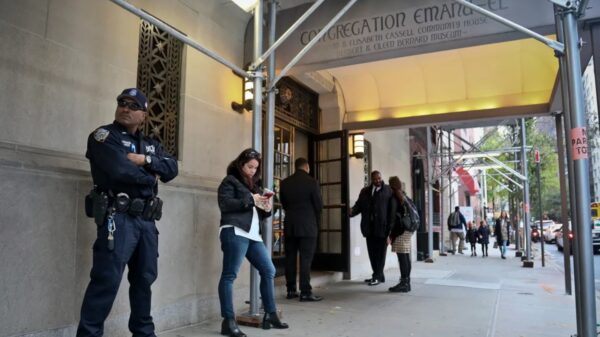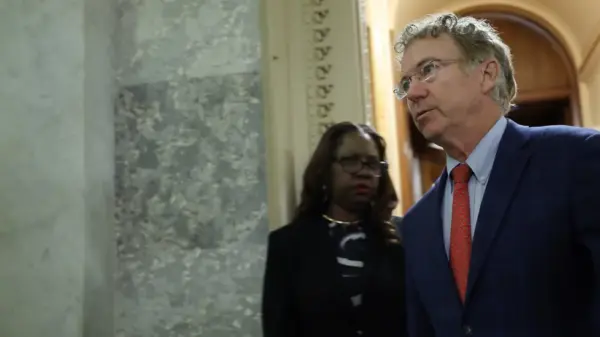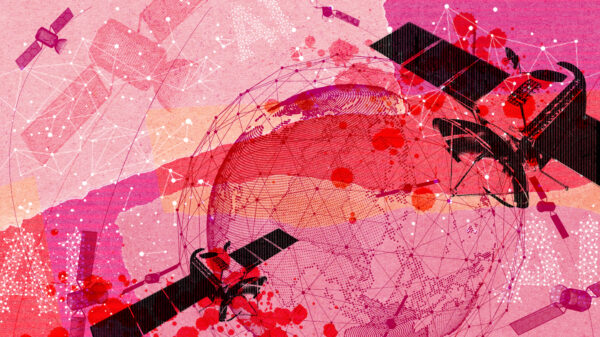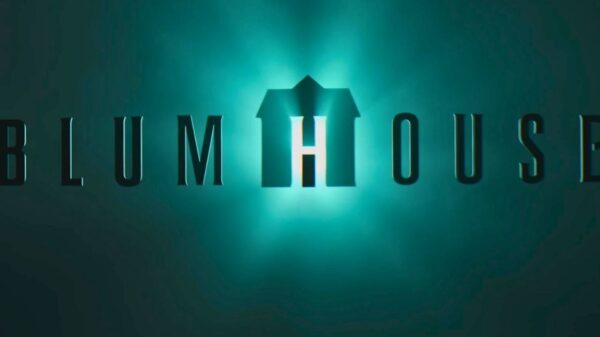UPDATE: Israel is experiencing heightened global isolation as the humanitarian crisis in Gaza escalates, with significant repercussions across diplomatic, cultural, and economic sectors. International condemnation surged following Israel’s recent ground assault on Gaza City and unprecedented strikes against Hamas leaders on Qatari soil.
The United Nations recently concluded an inquiry, marking the first time it has stated that Israel committed genocide against the Palestinian people in Gaza. This claim, supported by other human rights groups, has been firmly rejected by the Israeli government.
In a striking move, the European Union, Israel’s largest trading partner, proposed sanctions that could partially suspend its free trade agreement with Israel, pending approval from EU member states. Several Western nations have already implemented targeted sanctions against Israeli individuals and organizations linked to violence in the occupied West Bank.
The backlash is impacting Israel’s economy significantly. In August, Norway’s sovereign wealth fund, the world’s largest, announced a divestment from Israeli investments due to the escalating humanitarian crisis. Additionally, countries including France, Italy, and the United Kingdom have initiated arms embargoes against Israel.
Israeli Prime Minister Benjamin Netanyahu acknowledged the isolation, warning that it might persist for years. He emphasized the need for Israel to bolster its domestic defense industry and reduce reliance on foreign trade, although he later downplayed these comments as focusing solely on defense.
The cultural landscape is equally affected. Broadcasters in several European countries, including Ireland and Spain, are threatening to boycott the upcoming Eurovision Song Contest if Israel participates in 2026. The Irish broadcaster RTE stated that it would be “unconscionable” to participate amidst the ongoing crisis.
In the fine arts, a music festival in Ghent, Belgium, recently canceled a concert featuring Israeli conductor Lahav Shani, citing concerns over his association with Israel amid accusations of genocide. Meanwhile, thousands of filmmakers and actors, including Olivia Colman and Emma Stone, have pledged to boycott Israeli film institutions implicated in human rights violations.
Sporting events have not escaped the fallout either. A major bike race recently saw its final stage canceled due to pro-Palestinian protests, while Israeli chess players withdrew from a tournament in Spain after being barred from competing under their national flag.
The global backlash has drawn comparisons to the international pressure faced by South Africa during apartheid. Former Israeli ambassador Ilan Baruch noted that cultural and sports events hold significant symbolic power and can influence public opinion and policy.
As the situation unfolds, the BDS movement continues to gain traction, aiming to replicate the successful anti-apartheid boycott, calling for divestment from Israeli institutions linked to human rights abuses. The United Nations General Assembly further isolated Israel this week, with additional Western countries formally recognizing a Palestinian state.
Recent analysis indicates that the number of states abstaining from votes related to Israel at the UNGA is declining, indicating a shift in international sentiment. Marco Rubio, U.S. Secretary of State, reaffirmed the U.S.’s commitment to Israel but acknowledged the growing complexities in international relations.
This ongoing crisis and the international response highlight a crucial moment for Israel on the world stage. As protests continue within Israel itself demanding a ceasefire and a resolution to the conflict, the future of diplomatic relations remains uncertain.
NEXT STEPS: Global attention is focused on how Israel will navigate this increasing isolation and the potential ramifications for its economy, culture, and international standing. The upcoming UN votes and further developments in the EU could significantly impact Israel’s diplomatic strategy moving forward.







